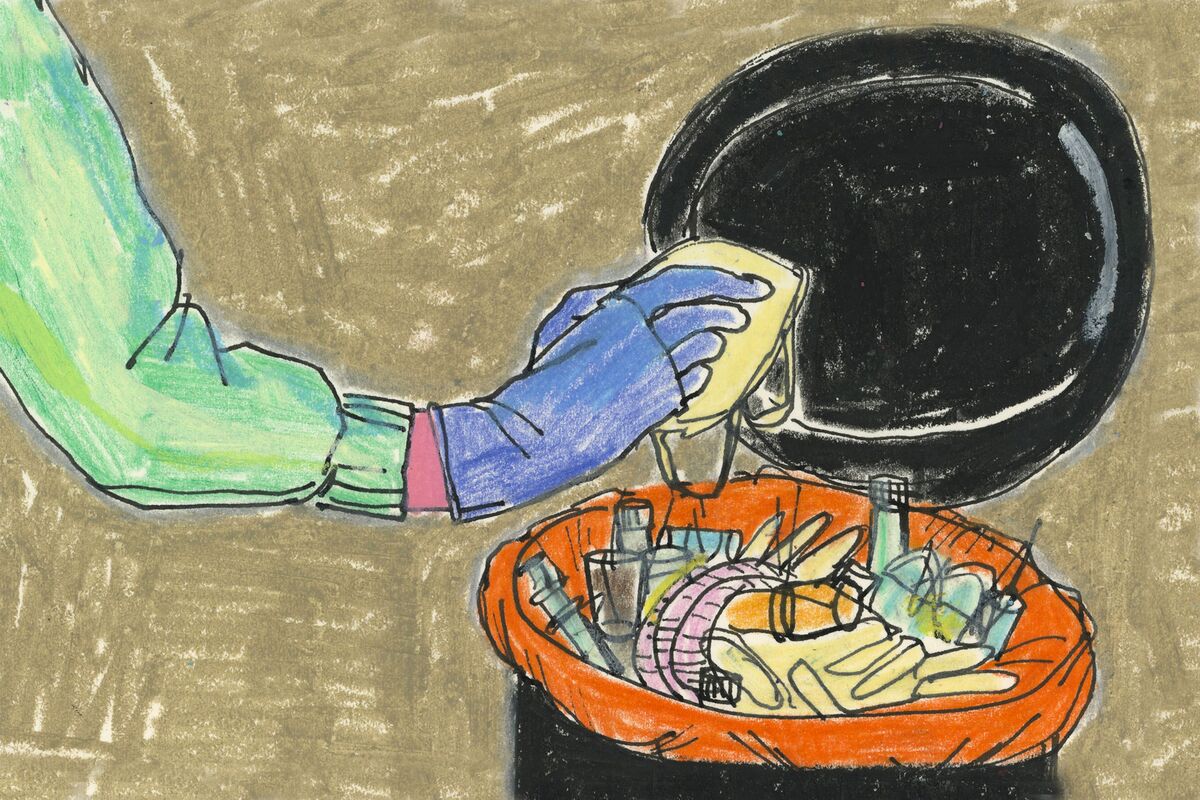Healthcare
How Trump’s Medicaid Cuts Will Slash Healthcare for People Leaving Prison
Millions at Risk: Trump’s Medicaid Cuts Threaten Health of Ex-Incarcerated Individuals
What’s Happening?
President Trump’s proposed Medicaid cuts in the upcoming bill may sharply reduce healthcare access for individuals recently released from prison, raising alarms among public health experts. With a potential rise in unattended health issues, the cuts could unintentionally fuel recidivism rates.
Where Is It Happening?
The proposed cuts will impact states across the U.S., particularly those reliant on federal Medicaid funding to support re-entry programs for the formerly incarcerated.
When Did It Take Place?
The changes are pending as part of the One Big Beautiful Bill currently under consideration.
How Is It Unfolding?
- Proposed cuts would reduce federal funding for Medicaid eligibility expansions that cover health services for those leaving prison.
- Advocacy groups warn of increased risks of untreated chronic diseases and mental health issues among ex-inmates.
- Experts anticipate a potential surge in emergency room visits due to delayed or neglected medical care.
- Local communities may bear higher costs as they grapple with the aftermath of unmet healthcare needs.
Quick Breakdown
- Trump’s Medicaid cuts target re-entry healthcare services.
- Heightened risks for chronic disease and mental health crises.
- Potential rise in emergency medical costs and recidivism rates.
Key Takeaways
The proposed cuts could leave many formerly incarcerated individuals in a precarious position, forcing them to forgo medical care. Without proper healthcare support, these individuals face greater challenges in reintegrating into society, potentially leading to higher rates of crime and strain on community resources. This situation highlights the delicate balance between fiscal policy and public health, emphasizing the need for comprehensive strategies that prevent rather than exacerbate social issues.
These cuts aren’t just about finances or policy; they’re about cutting off survival lines for people who need them most.
– Dr. Emily Carter, Public Health Advocate
Final Thought
**While the proposed Medicaid cuts aim to streamline federal expenses, the resulting gaps in healthcare for the formerly incarcerated could create a wave of unanticipated costs—both economic and societal. Stability during reintegration is critical, and these cuts could push many back toward institutional cycles, ultimately costing more than they save.**
Source & Credit: https://www.themarshallproject.org/2025/08/09/medicaid-prison-health-care














